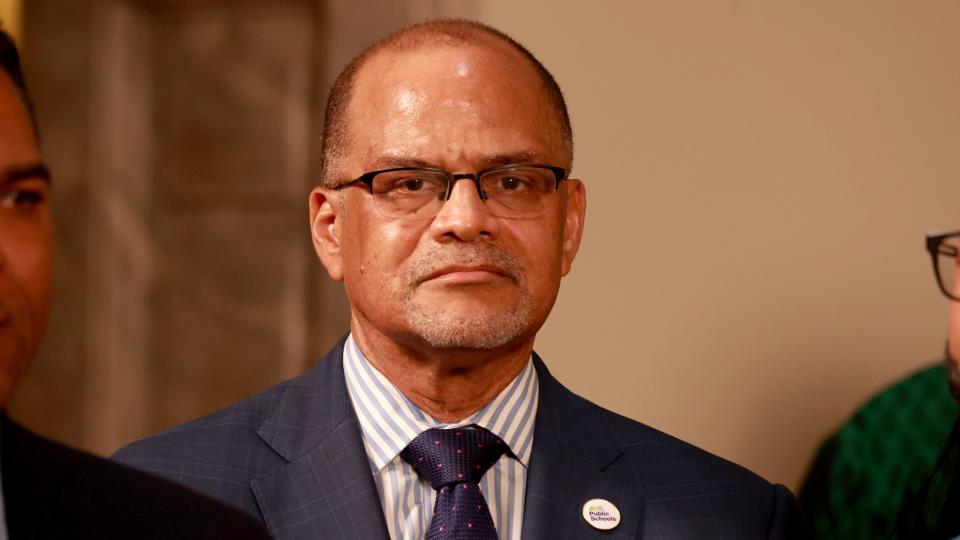NYC Department of Education ordered to reform special education dispute process

A Manhattan federal judge ordered the city Department of Education to make sweeping reforms to its special education complaint process that routinely leaves children with disabilities waiting for legally mandated services.
Often after months or years of being left behind, families may involve impartial hearing officers to settle disputes over whether the public schools can accommodate children’s disabilities. If not, parents are entitled to turn to the private sector for appropriate services and programs on the city’s dime.
But the DOE currently implements just 3% of final determinations within a required 35-day timeline, according to an independent auditor.
Judge Loretta Preska this week adopted 40 recommendations by a court-appointed special master, who was tasked with outlining steps for the city to comply with special education hearing determinations in a timely manner.
“We are here today to take a massive step toward getting families reimbursed,” Preska said Wednesday.
The order stems from a decades-long class action lawsuit brought by parents of children with disabilities in 2003. They alleged the city failed to follow hearing officers’ determinations.
Apart from reimbursements, other disputes that come before hearing officers may be over evaluations for disabilities, modified education plans, school placements or specialized transportation.
Families and education officials settled the original lawsuit in 2007, which was supposed to force the city to comply with decisions in these hearings in a timely manner.
But reforms were slow to come, if they were implemented at all. More than a decade later, the court appointed a special master in 2021 to fix the broken system, who issued a 127-page report with 75 recommendations.
Wednesday’s order consolidated the majority of those suggestions, which must be implemented within a few months to more than a year.
The requirements cover bolstering the ranks of staffers tasked with overseeing implementation to technology improvements that streamline the process. They also stipulate a new hotline for the families of children with disabilities to call to speak with administrators.
“A provider or a parent ... said we just want like a Domino’s Pizza tracker,” said special master David Irwin of the K-12 education consulting firm Thru. “Just show us where we are in the process. And I think that we took that to heart ... You need to be responsive to parents.”
Irwin told reporters that he was “100%” positive that the order, if followed, will result in families receiving the services they need within the legal timeframe.
“It rests with DOE to actually implement it now,” he added. “They have a very clear roadmap of very specific steps that they need to do.”
School officials said the order builds on the Adams administration’s commitment to students with disabilities, including hundreds of millions in new investments in programs for children with autism and other disabilities.
“The new requirements are stringent because we, too, believe that change is long overdue,” Schools Chancellor David Banks said in a statement. “While case volume and challenges increased over the past decade, we are moving aggressively to set a new course.”
Hearing officers issued 1,647 such orders between October 2017 and January 2018, the Daily News previously reported. Since then, that figure more than tripled to 5,710 orders between November 2021 and February 2022, data from the independent auditor showed.
Lawyers for the plaintiffs said the order could deliver much-needed relief to the families of children with disabilities, who have struggled both in terms of learning and financially while waiting for a better system.
“We’ve had families that have had to take out mortgages on their home,” said Rebecca Shore, the head of litigation at Advocates for Children, “take second lines of credits, because they are paying for the services for the education that the DOE was required to provide.”
Advocates for Children is an education legal aid group that, alongside the law firm Milbank LLP, filed the original class action two decades ago.
“The ideal would be that the Department of Education provides the services that the student needs,” said Shore. “When that doesn’t happen, which unfortunately does not happen in New York City all the time, there has to be a way of recourse for those families.”
